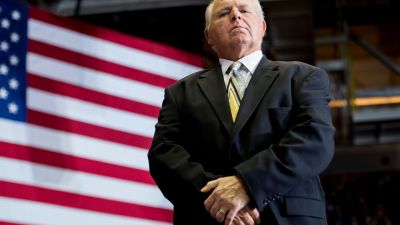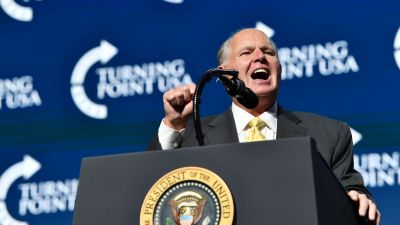
In the final six weeks before Election Day, we’re launching a special project to watch the watchers. Nearly 24 million Americans tune in to network evening news. It still helps shape voters’ perceptions in a powerful way and continues to set a standard of sorts for the rest of the media. So our media critics are watching, too. When we find an outrage or omission, or an act of professional courage or class that deserves to be called out, we’ll make sure you know about it.

Orchids (Photo by Ramesh NG (Flickr: Purple Orchid) [CC BY-SA 2.0], via Wikimedia Commons
Shorenstein’s Latest
To borrow some horticulture from the late columnist Walter Winchell, orchids are due Harvard’s Shorenstein Center (where, in the interest of full disclosure, I was once a fellow) for its third and latest installment of its analysis of election coverage. This one examines the convention period.
The biggest takeaways:
- Republican presidential nominee Donald Trump got more coverage than his Democratic counterpart, Hillary Clinton;
- The preponderance of the coverage for both candidates was negative;
- Policy took a rumble seat to horserace coverage; and
- The press was obsessed with Clinton’s emails.
A full 10 percent of Clinton’s coverage dealt with emails or other alleged scandals, which was twice as much as the coverage of her policies. And that coverage was 99 percent negative. The problem with the media’s email fixation, says the report, is that there was no context: “Remarkably, a key dimension of the email issue was seldom addressed: What should we make of the emails? How important, exactly, are they in the larger question of choosing a president? And just how large a transgression are they?”
Another data point worth mentioning: Though policy coverage was scant, it was also overwhelmingly negative for both candidates — in part, one suspects, because much of the reporting consisted of the opponent’s critique of the other’s policy. This is unacceptable, and it suggests that the reporters were too lazy, too distracted or too busy marketing themselves and their publications on social media to analyze the candidates’ positions. They can’t all be bad. How about the press doing some real work for a change and telling us what these candidates would do?

Onions (Photo by Darwin Bell [CC BY 2.0], via Wikimedia Commons)
Onions, as Winchell would say, for CNN. Perhaps no purported news organization — I exclude Fox — has been as derelict. The Shorenstein Report noted above found 17 percent of CNN’s coverage of Clinton was on her emails, even more than the unabashedly right-wing Washington Times. Moreover, CNN still has Corey Lewandowski, former Trump campaign manager and current adviser, on its payroll, even though he also is still on Trump’s. (CNN and the Trump campaign say these are severance payments.) CNN may be a joke — a spin room disguised as a network.
But the network’s president, Jeff Zucker, doesn’t seem to mind so long as the ratings are good. If you wonder why people hate the media, Zucker could be Exhibit A. If you wonder about media irresponsibility, look at Zucker. He is a disgrace and so is his network, which is full of sound and fury signifying nothing.
— Neal Gabler
Why?
In its own vanilla way, Thursday’s political report on the CBS Evening News summed up what’s wrong with how we cover campaigns. It featured footage of the driveway of Clinton’s Chappaqua home, where she spent the day holed up in debate prep, and Trump bellying up to the window at Geno’s Cheesesteaks in Philadelphia where he was… not doing debate prep. Which raises the question, could this 1 minute, 35 seconds of time have been better used? Perhaps to highlight one of the issues the candidates should be addressing on the campaign trail? The fact is, news organizations invest so much money and (wo)manpower covering the endless campaign that they seem to feel obliged to say something about it every day, even when that something is not much of anything.
— Kathy Kiely



